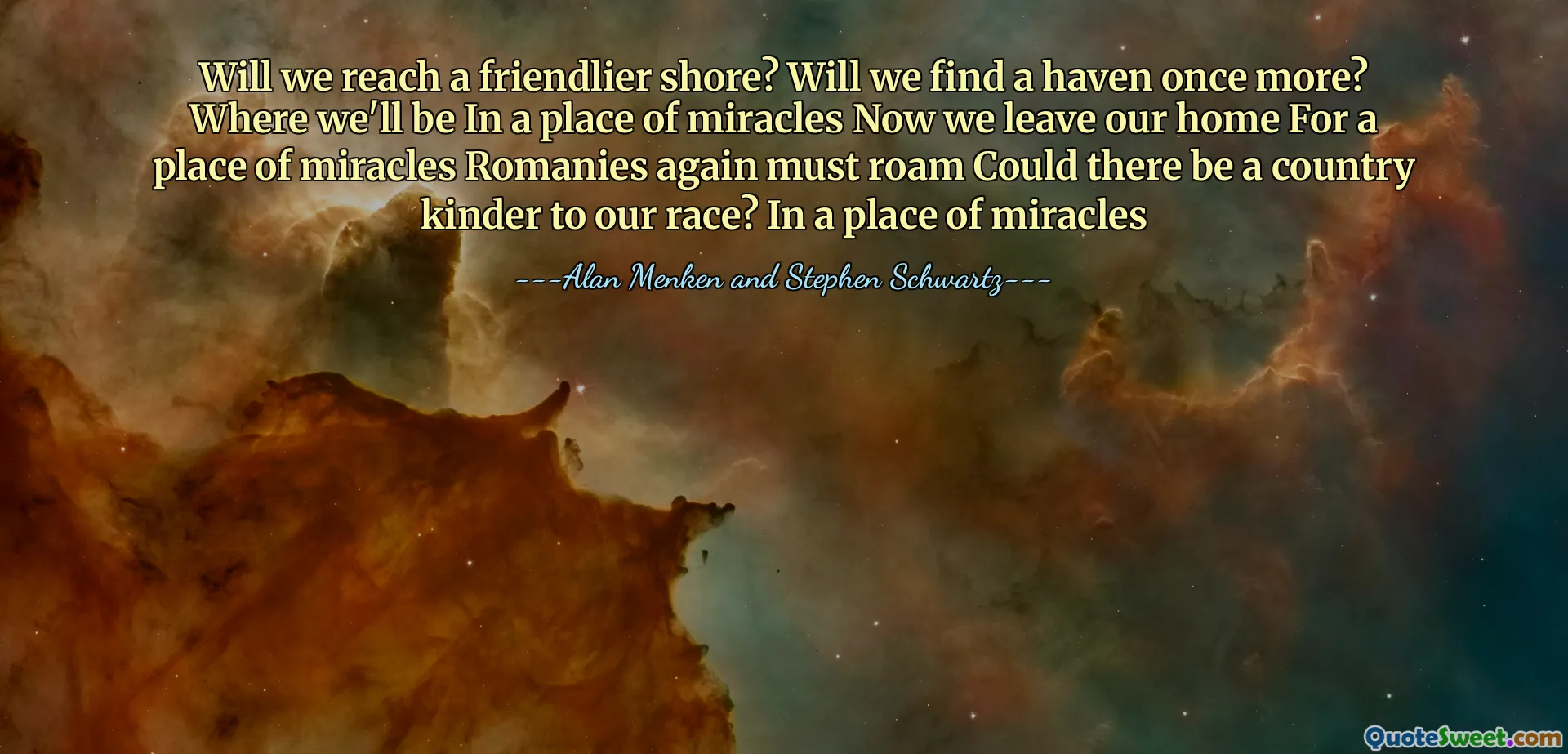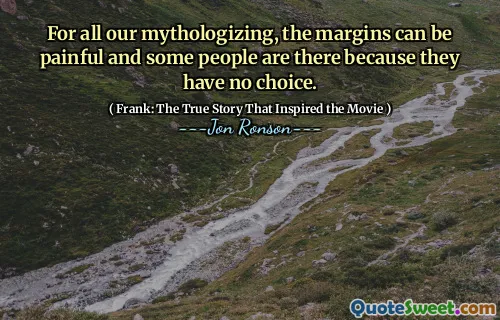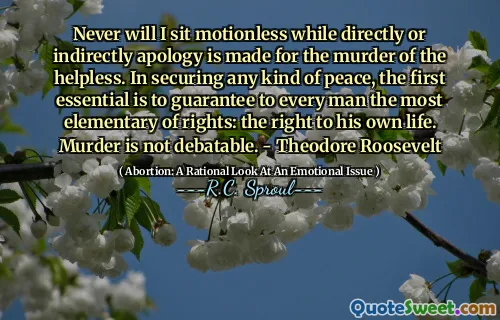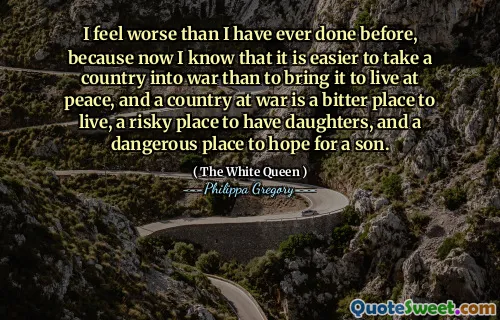
Will we reach a friendlier shore? Will we find a haven once more? Where we'll be In a place of miracles Now we leave our home For a place of miracles Romanies again must roam Could there be a country kinder to our race? In a place of miracles
This quote poignantly captures a deep sense of longing and hope intertwined with the pain of displacement. It conveys the timeless plight faced by many groups throughout history, particularly the Romani people, as referenced here, who have often been compelled to leave their homes in search of safety, acceptance, and a better life elsewhere. The repetition of "a place of miracles" evokes a yearning for a sanctuary that offers not only physical refuge but also a space where dignity, kindness, and understanding prevail. The rhetorical questions driving the quote resonate as both a hope and an uncertainty: will there be a kinder country, a friendlier shore? The phrase "Romanies again must roam" underscores a recurring cycle of forced migration and alienation faced by this community, highlighting the persistence of this struggle across generations. From a broader perspective, this inner dialogue can be seen as emblematic of the universal human desire to find a place to belong — a place where one's identity and existence are embraced rather than marginalized. The melancholy tone challenges readers to empathize with those who are uprooted and emphasizes the vital importance of compassion and inclusivity within societies. Ultimately, the quote is a heartfelt appeal to the better angels of our nature: to create a world rich in mercy and open arms, one that truly can be deemed a "place of miracles."











